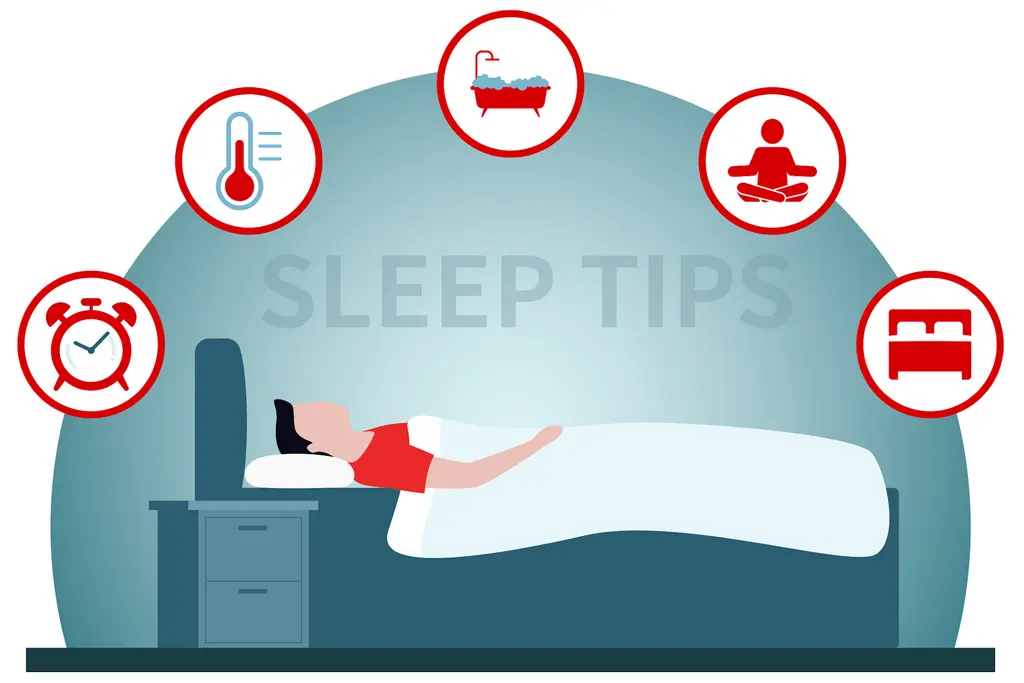
Idiopathic hypersomnia (IH) is, in many ways, a mystery. Its cause is unknown. Only one FDA-approved treatment exists. Even diagnosing this disorder, which brings excessive sleepiness in the daytime even after long hours of sleep at night, is challenging.
If you have IH, the main goal of treatment is to ease the symptoms, especially the extreme daytime sleepiness that can severely hamper your quality of life.
Generally, there are two roads you can take to control the symptoms: the path without drugs and the one with them.
Medicines to Treat IH
Calcium, magnesium, potassium, and sodium oxybates (Xywav) is approved to treat IH in adults. It is believed to work through chemicals like dopamine and its brain pathways involved in wakefulness. It is not considered a stimulant, however.
It's also common practice to use so-called "wake-promoting" medications that are used for a similar disorder, narcolepsy, to treat IH.
Generally, these medicines fall into three categories:
Stimulants. These wake-promoting drugs include derivatives of amphetamines, like dextroamphetamine (Dexedrine), methamphetamine (Desoxyn) and methylphenidate (Ritalin). They can be effective, but they also can have side effects that include dependence -- getting "hooked" on them -- and heart problems.
Nonstimulant wake-promoting medications. These include armodafinil (Nuvigil) and modafinil (Provigil). These affect the brain chemical dopamine to make you more awake.
Other nonstimulant, wake-promoting medicines include pitolisant (Wakix) and solriamfetol (Sunosi).
Sodium oxybate. Under the brand names Xyrem and Xywav, this medication, taken at night, promotes deep sleep. It cuts down on daytime sleepiness for those with narcolepsy, and it can help people with IH.
In addition, your doctor may prescribe medicines used to treat attention deficit hyperactivity disorder (ADHD), antidepressants, and sedatives.
The Non-Medicine Route
Changing your routine to promote better, more restful sleep at night (and more wakefulness during the day) is often a first step in the treatment of IH.
Those changes can include:
- Staying away from night-shift work
- Changing what you eat
- Starting an exercise routine or changing the one you have
- Avoiding things like alcohol and caffeine
Caffeine, in fact, is an often-used way to combat sleepiness during the day. More than 82% of those with IH use it. But most of them rate its effectiveness as poor.
Things like scheduling daytime naps to combat your sleepiness sometimes work in similar disorders, like narcolepsy. But with IH, they're generally not helpful. The naps often are long, and those with IH wake from them still tired.
If you have other issues that may be contributing to your IH -- an out-of-whack internal clock (known as circadian rhythm) or nighttime breathing problems -- your health care team might need to take care of those as well (with treatments like light therapy or machines that regulate breathing at night).
Cognitive behavioral therapy (CBT) teaches people how to lessen their negative reactions to the problems they're dealing with. That helps them cope with the daily pressures of dealing with disorders like IH.
It's important to point out that treatment for IH is not one or the other, drugs or not. Your health care team may combine drug and non-drug treatments -- for example, a change in diet with a prescription.
If you're excessively sleepy because of IH, you shouldn't undertake any dangerous activities, and you should refrain from driving or operating any heavy machinery.
Getting educated about IH -- and educating those around you who are impacted by it -- is always an important part of treatment as well.
Finding people in support groups (either online or in-person) who are going through the same challenges as you, and seeking out patient advocacy groups that push for further research into IH can be helpful.
Show Sources
Photo Credit: Comstock / Getty Images
SOURCES:
National Center for Advancing Translational Sciences, Genetic and Rare Diseases Information Center: "Idiopathic hypersomnia."
Sleep Medicine Clinics: "Idiopathic Hypersomnia."
Hypersomnia Foundation: "About Treatment," "Idiopathic Hypersomnia (IH) Characteristics," : "Medical Terminology: narcolepsy."
Mayo Clinic: "Idiopathic hypersomnia."
Stanford Health Care: "Idiopathic Hypersomnia," "Treatments for Idiopathic Hypersomnia."
